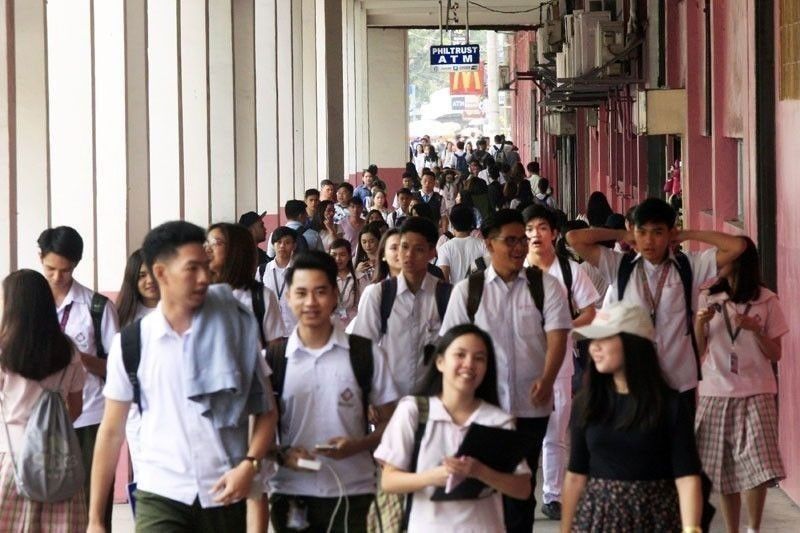Filipino teenagers losing sleep during pandemic, student thesis shows

MANILA, Philippines – A study has found that a majority of Filipino teenagers 15 to 18 years of age spend only four to six hours of sleep at night during the pandemic.
The study also found that 34.5% within the age group sleep at 3 a.m. or past since the COVID-19 broke out in March last year.
Meanwhile, 32.7% sleep at 1 a.m. to 2 a.m. while the rest turn in from 9 p.m. to 12 a.m. Fifty-five respondents took part in the online survey. The survey was conducted from February 17 to 25 this year.
Asked if they would say their sleeping habits have been healthy during the pandemic, 85.5% said no. Meanwhile, only 14.5% said they maintain a healthy sleeping pattern.
The main reason given why the respondents think they don’t have healthy sleeping habits is the massive change in their daily routine (from physically going to school everyday to just staying at home).
The second reason given is stress and anxiety (pressure of grades, anxiety over the future and not being able to see their friends). The third is the lack of general exercise due to the lockdown restrictions (mainly due to sitting in front of the screen for a long time.)
The fourth reason is sadness from not being able to see peers and relatives.
A teenager himself, Diego Javier M. Cordero, 17, conducted the study, entitled “Sleeping Habit Exacerbation During COVID-19 Pandemic for Teenagers Aged 15-18.”
Cordero submitted the study to the Victory Christian International School as part of his Grade 11 thesis requirements. The study was given the Significance Award for being timely and remarkable.
On the number of hours of sleep, the study found 54.5% of the teenagers spend only four to six hours of sleep every night. Meanwhile only 41.8% log in seven to nine hours of sleep.
The survey also asked the respondents how the pandemic affected their health – mentally and physically.
Mentally, 72.7% said the effect was negative. Meanwhile, 18.2% said the effect was positive and 9.1% said there was no effect at all.
Physically, 65.5% said the pandemic affected them negatively. On the other hand, 18.2% said the effect was positive while 16.4% said there was no effect whatsoever to their physical health.
“The current setbacks these teenagers are facing will hinder a crucial part of their integration into adulthood. These teenagers must receive proper support in order to compensate for all the setbacks,” Cordero said in his conclusion.
“No one knows specifically what the long term implications of this pandemic are on these teenagers but whatever it may be, these teenagers must be supported,” he added.
Since March 2020, the government has strictly ordered children and senior citizens to remain indoors to curb the spread of the deadly virus.
The Philippines is the only country in Asia that has yet to resume face-to-face classes. It joins Venezuela as the only countries in the world that have yet to do such.



















